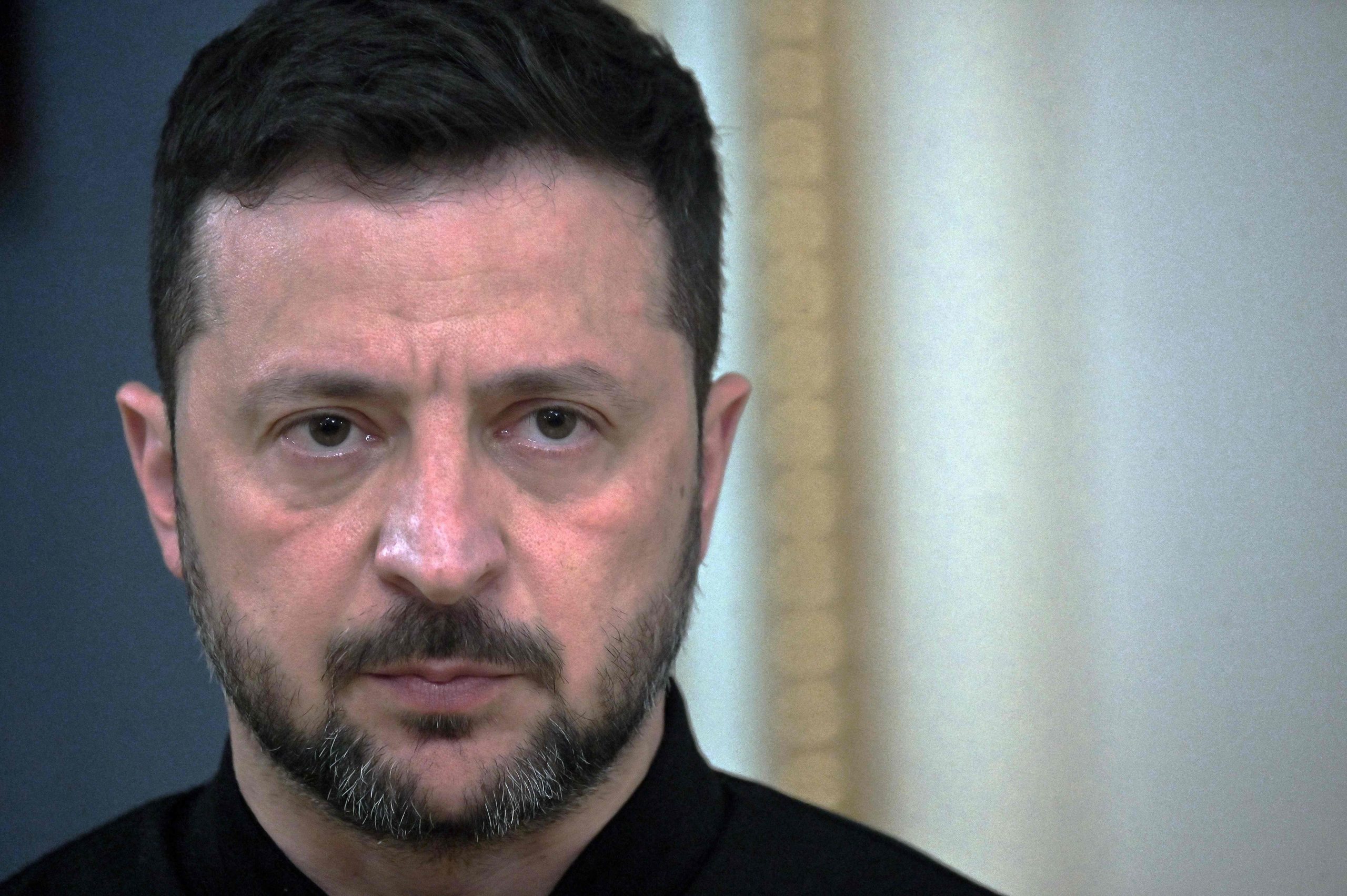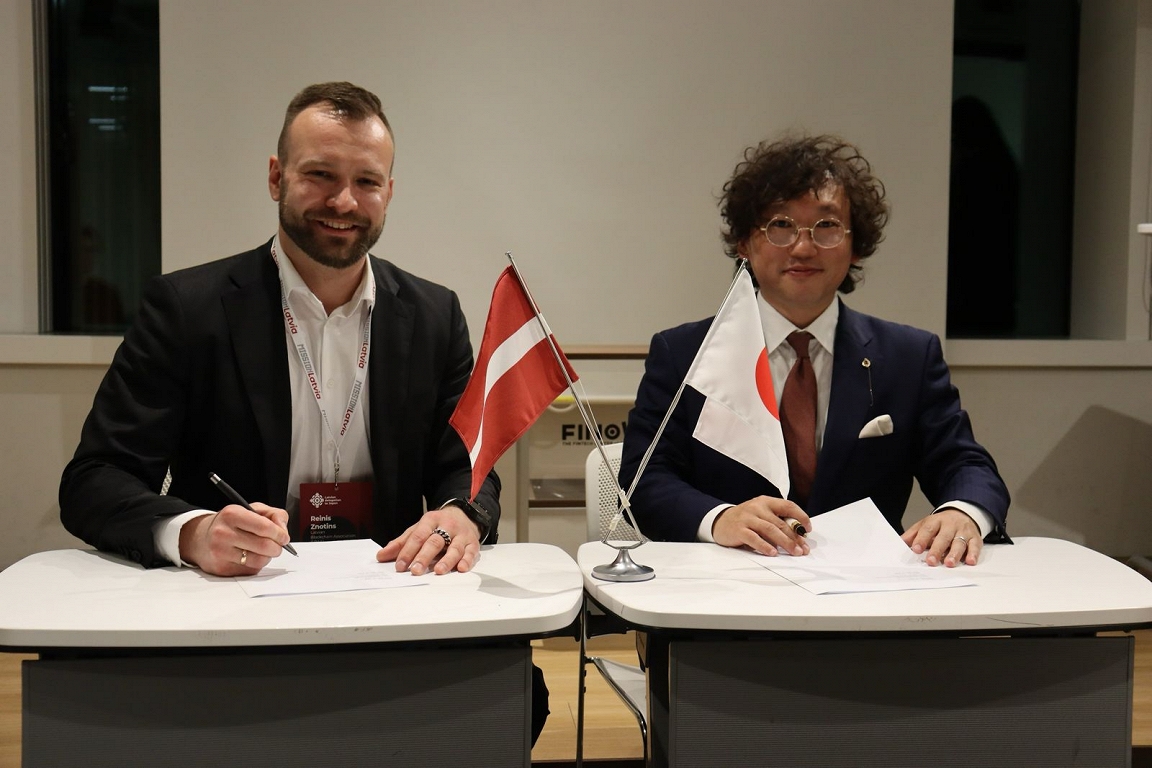PRR. There are companies to give up

There are already companies that are leaving the consortia in the context of the recovery and resilience plan, the Sunrise. Our newspaper knows that on the basis of this decision is the fact that many companies realize that they will not have time to meet the projects until the end of the deadline and others because they realize that the money they will receive from Bazuca will not be lost deep, but about the form of loans. « There are many companies that have not realized that they do not have the ability to take Avante with the deadlines defined the projects they have proposed, but there are also cases in realizing that they have to bear more costs than they were waiting and no longer interested. »reveals knowledge source of the process.
Our newspaper knows that this withdrawal is mainly related to the mobilizing agendas that have a financing of 2,874 million euros, with the objective of realizing 959 products, processes and services.
But the fact that companies become back to PRR is not from now. This concern had already been transmitted to Sunrise by the President of the Portugal Business Association (AEP). « It is a situation that naturally worries AEP, because of the positive effect that mobilizing agendas have on the transformation and degree of sophistication of the specialization of the Portuguese economy. »
And at that time Luís Miguel Ribeiro had said that it was necessary to realize why these dropouts, saying that « On this topic, companies have expressed complaints in the delays of payments from the outset. »arguing that « In an unfavorable financial and economic conjuncture such as the current, the delay in payments generates increased difficulty in projects, so a swift execution is required, in order to boost this type of investment, innovative and reproductive. ». And don’t hesitate: « Big delays tend to generate some disinterest, because a project that is very important now may lose interest a few months later, due to the market dynamics. »
Reprogramming Advances
In fact, IAPMEI – Agency for Competitiveness and Innovation cabled the reprogramming of mobilizing agendas, adjusting the projects to the new possibilities of PRR after these adjustments received green light from Brussels. «IAPMEI begins a process of reprogramming of mobilizing agendas, increasing ambition and adjusting these projects to the new circumstances and possibilities in the framework of PRR reprogramming »explained in April.
Under PRR reprogramming, the deadline for compliance with the final target until June 30, 2026 was requested to ensure efficient implementation of investments. And, according to the public body, in view of the approval of the deadline, it is important to reprogram the projects, proceeding to adjust the contractual conditions, in order to realize « The final goal on the deadline for implementing the projects and certify their execution, ensuring the disbursement of PRR funds for Portugal. »
Changes that lead the assistant minister and territorial cohesion to believe that Portugal will «Run all subsidies by the end of 2026» after approval of the reprogramming. «European government approval for the PRR confirms that Portugal is on the good way and will execute all grants by the end of 2026»said this week, Castro Almeida.
It is recalled that the European Union Council gave the OK on Tuesday to the revision of the PRR of Portugal, covering 108 measures and replacing «Unattainable measures» and aim at the reduction of administrative charges. According to the commission’s analysis, « The target changes do not affect the relevance, effectiveness, efficiency and coherence of PRR ».
According to the minister’s office, the conditions are now meeting for the European Commission to proceed with the evaluation of the sixth payment request, submitted by Portugal in November 2024 and which represents a disbursement of 1,479 million euros.
Delays make sound alarms
And the numbers speak for themselves. According to AEP, the execution of 32% and payments to beneficiaries of 33%, « They point to a very low execution, given the expected end of the program », Hence having welcomed the reprogramming of the bazaca. « In addition to extending the execution period of mobilizing agendas, we have also signaled the possibility of large companies to be eligible for access to funds to co -finance their investments, namely in the areas of digital, clean technologies and biotechnology. »said President Luís Miguel Ribeiro.
Also the forum for competitiveness in his last analysis was concerned about delays in the execution of the program. «The PRR project value approved rose 107 million euros to 21,235 million euros (96% of PRR), while payments to direct and final beneficiaries rose 362 million to 7,525 million euros (34% of the total), a deterioration over the previous month, which was already insufficient to comply with the calendar. In relation to projects intended for companies says it was registered « An increase of 22 million euros in approved projects to 6,003 million euros, while there was a rise of 61 million euros in payments to 2,611 million euros (43% of the approved amount). »
Adjustment
With this reprogramming of the Bazaca, they underwent project changes in the amount of 1,530 million euros. The Picision Dam in the Portalegre District (222 million euros), the Algarve desalinizer in Albufeira (108 million) and the Pomarão Water Taking (101 million) also in the Algarve are some of these cases that pass to Portugal 2030. There are other projects that will be funded by the state budget. The government’s proposal maintains the overall value of the funds of Portugal’s cohesion policy 2030 (cohesion fund) – 22,602 million euros – as well as the amounts affected to each of the thematic or regional programs.
To the Sunrisethe chairman of the National Follow -up Commission of PRR, Pedro Dominguinhos even listed other projects. This is the case of the acquisition of equipment and construction and rehabilitation of some units and services by the NHS, artificial intelligence projects for the public administration, the acquisition of electric or powered hydrogen buses, financing of energy poverty projects in neighborhoods of the metropolitan areas of Lisbon and Porto and projects in the scope of Évora – European Culture Capital of Culture in 2027.
With this exchange of projects it is no longer planned in Portugal 2030 the financing of rail material for urban mobility and regional transport, since judicial litigation is delaying the delivery of that material, passing this investment to the state budget.
Among the main changes of Portugal 2030 proposed to the European Commission, the mobilization of 1.285 million euros for the strategic technologies platform for Europe-Step, created with the objective of supporting projects that focus on critical technologies in Europe, namely digital technologies and technological innovation, clean and efficient technologies in terms of resources and biotechnologies. They are also part of Portugal 2030, 176 million euros for regional emergency support for reconstruction – Restore, created to repair damage resulting from natural disasters occurred 2024 and 2025.
«PRR is a fundamental instrument for the growth of the country», Has come to say Castro Almeida. «It is the government’s priority to ensure that its execution takes place without interruption, fulfilling the established objectives and maximizing the impact of investments ».
It is recalled that the PRR has a value of 22.2 billion euros, with 16.3 billion euros in grants and 5.9 billion euros in loans from the recovery and resilience mechanism, which concern 376 investments and 87 reforms. Currently, the country has received 8.49 billion euros in grants and 2.9 billion euros on loans.
Community funds will be the target of renovations
The president of the European Commission waved the preservation of the ‘fundamental principles of cohesion policy’ in the next multi -annual financial framework, but warned of the need for reforms. In a letter to which Lusa had access to, Ursula Von der Leyen argues that the next budget of the European Union 2028-34 must « be based on a diagnosis of what works and does not work » and remove « uninsignment of all programs » previous. He adds: « We will need to mobilize reforms and investments to help build what a community needs to prosper, while preserving the fundamental principles of cohesion policy, such as partnership and governance principles at various levels. »
This is the response of the European Commission’s chairman of a massive sent in October by 43 MEPs, whose first subscriber is the Portuguese André Rodrigues (PS), who expressed concern due to the possible changes in the background of cohesion in the future community framework.
For von der Leyen, the next long -term budget is an « opportunity to create a stronger and more modern cohesion policy, » drawing attention to the fact that Europe will face regional and social disparities. «The challenges that Union faces today are multifaceted. My goal is to propose a new long -term budget that is more focused and aligned with our priorities and goals, simpler in how it works and with more impact, ”he concludes.








